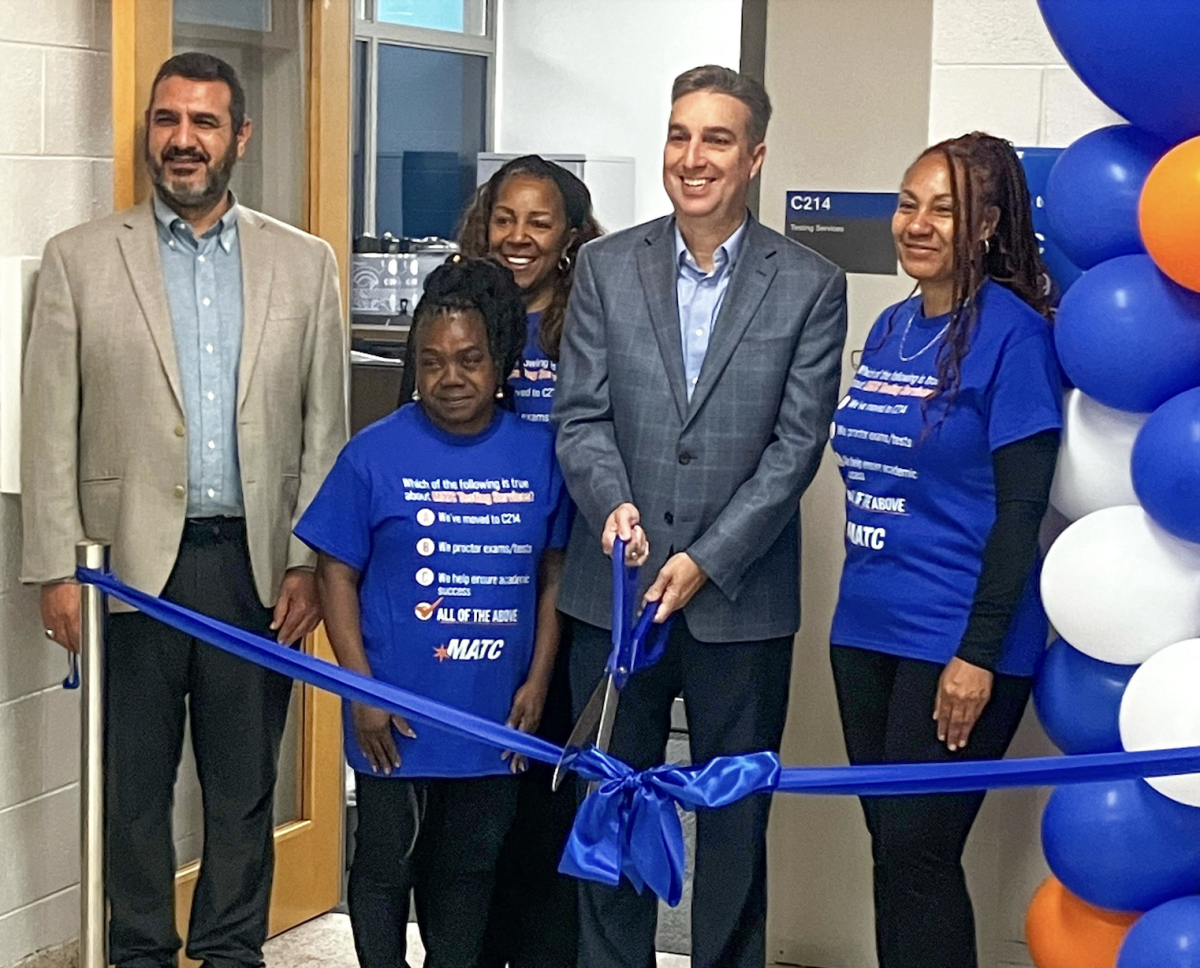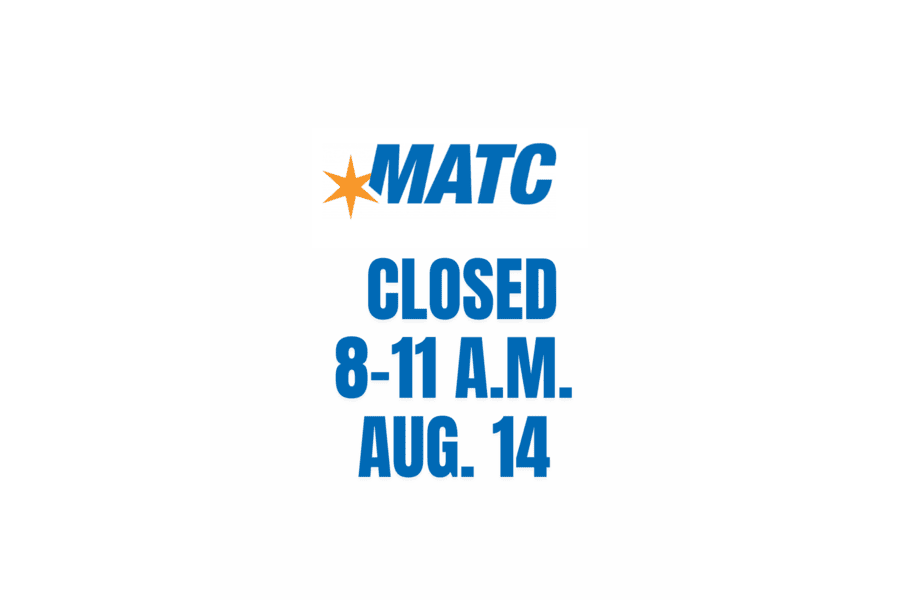AT&T braced for a new application coming to the iPhone, and with good reason. Within the first two days this new app reached over one million downloads, that’s over six downloads a second – a tremendous number in the world of wireless applications. But the number of downloads is not what AT&T was preparing for. What it’s worried about is this app’s great potential for having a crippling effect on the cell phone industry, and companies around the world are scrambling to regulate it.The program is called Skype, and it’s already well known in the computer world for its ability to make free video calls over the Internet. With video chat you can “call” anyone who also has the software installed on their computer and who has a webcam and a microphone (hardware that has become an industry standard in any modern laptop), and in an instant you can see their faces and talk with them live. A modern marvel in itself, but that’s not what cell phone companies are in a huff about.
Skype users also have the ability to call any other Skype user for free. Users can even purchase a calling plan that costs no more than $15 a month, which enables them to make unlimited calls to any landline anywhere in the world.
This is why AT&T has set up restrictions. Without them, a user with an iPhone combined with Skype could completely bypass the cell phone provider. Phone-Skype users could make calls to other Skype users for free instead of through their cell phone carrier.
An iPhone user could pay Skype instead of AT&T for monthly service and make all their calls through the Internet, saving people a bundle on international call rates, cell phone minutes and expensive calling plans.
The conversations would take place completely over the Internet, and the user would only have to pay for monthly data charges. Imagine buying a cell phone with only a data package and making all of your calls through the Internet for free.
This makes AT&T’s plan and all other cell phone plans look like a scam. If they don’t act fast, we could be saying bye, bye to major cell phone providers very soon, but the way they have been acting has been less than progressive.
AT&T holds the exclusive rights to the iPhone, and has blocked the use of this application from being used over their 3G network, leaving WI-FI as the only possible method of access for the software to be used. Other cell phone carriers around the world have reacted to the release as well and have implemented similar restrictions. Some of them have taken drastic approaches.
Deutsche Telekom, who owns the rights to the iPhone in Germany, has banned Skype from its network entirely, and it released a statement saying they will cancel the contract of any subscriber who attempts to install the software on their iPhone.
These “Skype restrictions” may not last long. The open-Internet advocacy group Free Press, who had a hand in keeping the Internet free and neutral, has contacted the FCC and asked them to conduct an investigation. If the Free Press gets its way, and the FCC declares that wireless 3G networks also fall under the category of “net neutrality,” AT&T will no longer be able to legally block Skype and other content to its users, allowing information to flow freely over the network.
But this raises questions. If the network does in fact get opened up, what will happen to cell phone companies and the networks they provide?
Skype does not pay any money to the industry that has provided, maintained and operated the cell phone towers the entire industry needs to function. This costs millions every year, and if the world only needs cell phone companies to provide data plans, the companies will be faced with losing the majority of their revenue.
Skype could potentially take down the industry, or at least significantly reduce the cost of how much people are willing to pay for usage. If wireless communication companies don’t react to this change and do it fast, they’ll be the next ones at the door of Congress asking for some of that bailout cash.





























































